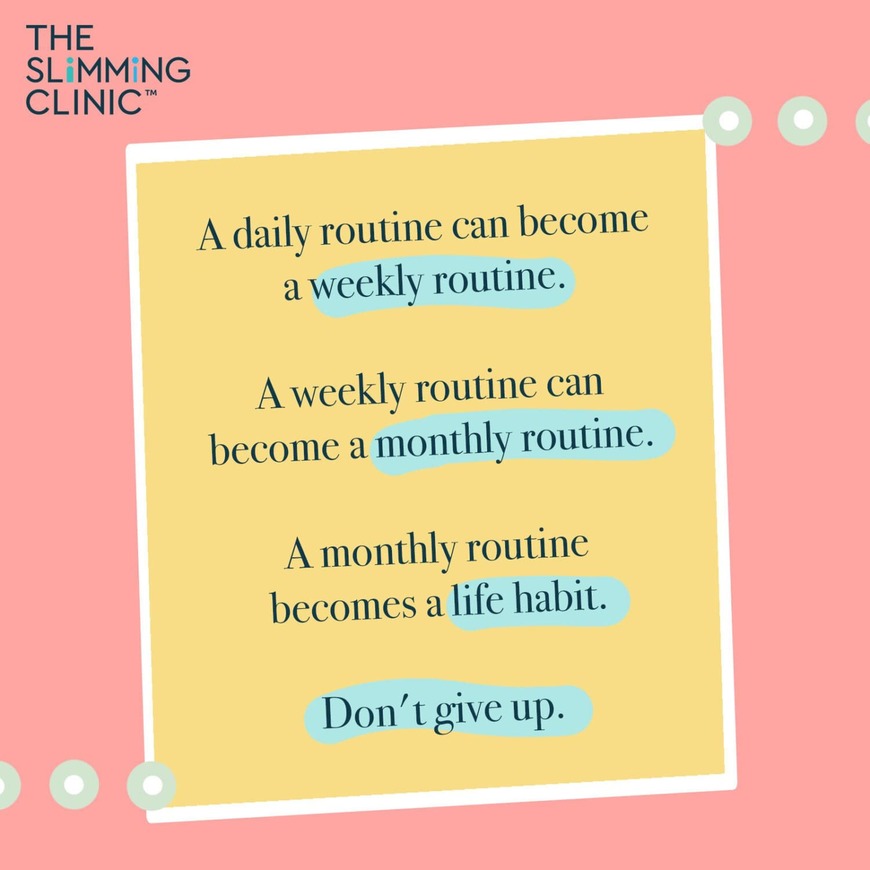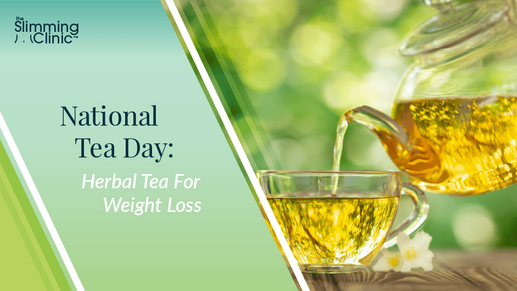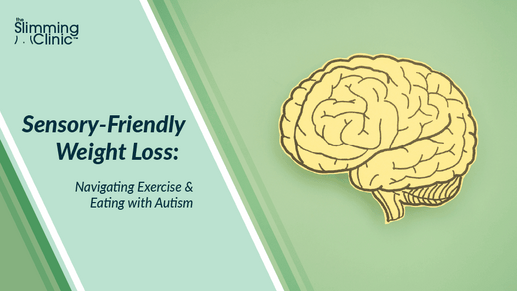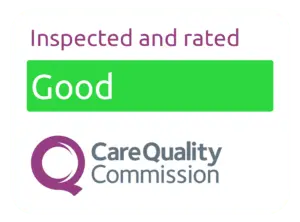Weight Loss Diet - Back to Basics
This Nutrition Week, we want to highlight how easy it can be to eat well and have a balanced weight loss diet.
We want to show you the basics of eating well and how when it comes to a weight loss diet, the easiest thing to do it to take what we are eating, one meal at a time.
With each meal, to have a healthy, balanced weight loss diet, we need to make it up of some basic components. Here we show you how you can be successful with your weight loss, with some simple adjustments to your plates of food.
Fruits and Vegetables
When it comes to filling your plate, always start with fruit and vegetables, especially if you are trying to lose weight! You are looking to fill about half your plate with fruit or vegetables!
On the whole, you should aim for around 5 x 80g of vegetables and fruit daily, as a minimum, in order to help support the fibre requirements your body needs every day. Vegetables and fruit are great sources of water-soluble vitamins like Vitamin C, antioxidants, poly phenols which are all important to support and protect your body.
Just by having your 5 a day, you will get you around half your fibre requirements!
And when it comes to fruit and vegetables, there is no 'best' way! It can be fresh, frozen, or tinned. In fact, frozen is sometimes better as it has the vitamins locked in, but the amount of vitamins you take on from the veg, depends on how you cook them!
In an deal world. you want to steam, stir fry, roast your veg. If boiling your veg you want to do it in as little water as possible, so you keep the nutrients in. How many times have you boiled some veg and poured the bright green boiling water away when you drained it? That is a lot of nutrients and vitamins going down the drain!
Top Tip: Use your veg water to make gravy or sauces so you don't miss out on vitamins and minerals!
Remember, if you are not keen on veg include more fruit and vice versa, and if you really don't enjoy them, try putting them in soups and smoothies!
Find Out More About How To Fill A Balanced, Healthy Plate
Protein
Protein is vital to our weight loss diet. You should look to fill about a quarter of your plate with a source of protein.
Protein is needed for growth and development, and body cell renewal, especially if you are adding movement or exercise to your healthy lifestyle. This is because protein makes up your muscles, ligaments, cartilage and skin and contributes to them being healthy.
Protein is also a fantastic appetite suppressant. It is a natural filling agent and so by including protein in your diet, you should feel fuller between meals and less likely to snack or have cravings.
And it isn't just chicken that is a great source of protein. It comes in a huge variety of sources: Sources are Meat, fish, chicken, beans, lentils, pulses, dairy (milk, cheese, yoghurt) tofu, tempeh, Quorn, nuts and seeds.
Fats
Fats - the big no-no when you're on a weight loss diet, right?
Wrong - Not all fat is equal and actually, some are much better for us than others.
When it comes to the naughtier fats, limiting our intake of saturated fat like butter, processed fats, lard, animal fats will help our weight loss diet, but we do actually need fats in our diet to keep us healthy./
When looking for healthier fats, try to include plant fats, oily fish and monounsaturated fats. Healthier fats for us are Olive oil, rapeseed oil, avocados, seeds, nuts, oily fish, as these are all cardiovascular protective.
One of the best things about fat is that it also makes food taste nice as it is a flavour carrier. This is important as it is key to get food satisfaction - so using fats in moderation is good for us.
When it comes to how much fat to eat in our weight loss diet - we should be aiming for no more than 30% of our calorie intake to be taken from fat.
Carbohydrates
When it comes to a weight loss diet, much like fat, carbs get a really bad reputation nowadays. We so often hear that someone is going low-carb to lose weight, but in the same way as fat, not all carbs are made equal!
Unless you have a medical reason to, there is often no need to completely remove carbohydrates from your diet when you are trying to lose weight. Instead, it is wise to get the most out of your carbohydrates. You can do this by having wholemeal, wholegrain varieties and trying to limit the over-processed kinds like white varieties.
Due to the lack of fibre, white carbs are easily digested and can cause a sharp rise in your blood sugar levels but just as big a crash an hour or so later. Our body runs on a constant supply of glucose which is what carbs are broken down into, but you want the carb release of glucose to be slow and steady - which white carbs don't offer.
When we eat wholegrain or whole meal varieties of carbs, they are big source of fibre for us. Fibre helps lower cholesterol levels, protect us from bowel cancer, support our gut microbiome which in turn supports out immune system so carbs are really import.
The best sources sources are wholemeal bread, pasta, wholegrain rice, quinoa, buckwheat, oats, oatcakes, rye bread and crackers.
Dairy/ Plant based Milks
Dairy intake is recommended as part of a balanced diet as it is a great source of calcium, protein, magnesium, and phosphorus which are all needed to protect and develop our bones.
The recommendations are for most of the population to have 3 different portions of dairy. If you are vegetarian or vegan, you need to make sure that you are taking in fortified plant-based or diary products.
Hydration
As humans we are 60% water and some of our major organs like our brain and our heart are over 70% water so it is vital to be well hydrated!
As well as beneficial for our organs and body functions, water is a natural appetite suppressant and by drinking enough fluid throughout the day, it can lead ot us eating less, craving less and feeling fuller.
In general, the amount of water we should be drinking is about 30ml per Kg body weight. This is for an inactive person, on a day where you aren't sweating.
If you exercise, or it is a hot day and you find yourself sweating, you will need to drink more. Remember, don't wait until you are thirst and if you can, keep an eye on the colour of your urine, which should be pale-straw coloured.
Additionally, try to limit your caffeinated and alcoholic drinks as these also dehydrate you!
Read More About How Water Helps You Lose More Weight!
Do you need more than a blog to help your weight loss journey? We know how tricky is it to get your diet and lifestyle right for weight loss. That's why our weight loss doctors are here, ready to help you.
They are experts in this area and in our over 30 years of operation, we have seen it all in the weight loss world. This is why we now have the best solutions to help those who don't know where else to get support for their health and weight.
Have your weight loss lead by a specialist doctor, who can be with you every step of the way to your weight loss goals!








